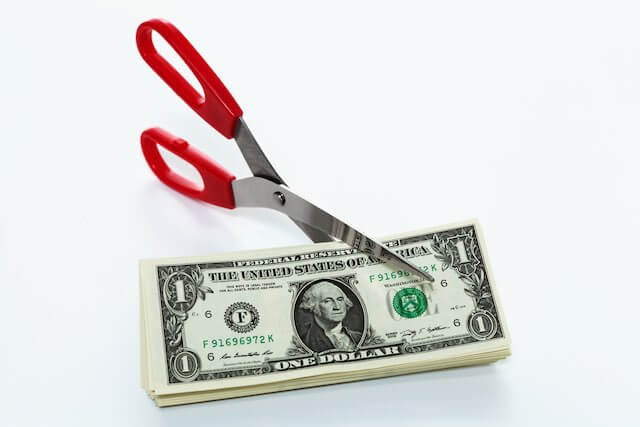More Data Showing Higher Inflation Rate
Federal employees are aware of how much inflation is impacting the value of the 2022 2.7% average pay raise and the COLA increase that became effective this month. More data are now coming in showing the continuing growth in inflation—and increasing the likelihood that interest rates will start going up when the Federal Reserve announces its decisions on whether and how much to increase interest rates.
Earlier this week this statement was released: “With inflation well above 2 percent and a strong labor market, the Committee expects it will soon be appropriate to raise the target range for the federal funds rate.” This means interest rates will most likely go up in March.
The 2022 COLA was 5.9%—a 4.9% increase for Federal Employees Retirement System (FERS) annuities beginning in January 2022—so that increase is now in effect. Social Security payments were also increased by 5.9%.
The recent inflation data show an increase of 7.8% for the year based on the CPI-W data. This latest data will not impact the COLA that has already been put into effect for this year as the next COLA rate will be released in October 2023 and will be based on data from July-September 2023.
Private Sector Wage Increase for 2021
According to the Bureau of Labor Statistics (BLS), compensation costs for civilian workers went up 4.0 percent for the 2021 calendar year. Wages and salaries increased 4.5 percent for the year ending in December 2021. These costs had already increased 2.6 percent for the 12-month period ending in December 2020.
According to the Personal Consumption Expenditures price index data released on January 28th, prices jumped 5.8% for 2021. That percentage was higher than the rate for the November increase of 5.7%. It is the fastest inflation increase since 1982.
Excluding food and energy prices, which are more volatile, prices went up 4.9% in December from the previous year. This is the highest rate since September 1983.
This measurement is the Federal Reserve’s preferred inflation gauge. This gauge has been above the central bank’s target range of 2% for nine months in a row.
The rising inflation rate largely reflected a large increase in energy costs. Energy went up 29.9% in 2021. The cost of food was up 5.7% over that same time period.
Impact of Inflation on Federal Employee Salaries
While there may be an indirect correlation, keep in mind that the annual federal employee raise is not based on inflation. It is based largely on salary levels in specific locality pay areas. Congress and the president make the annual determination of how much of a pay raise will be paid in 2023. It is not an automatic formula like the one used for the annual COLA.
The rising inflation rate will have a direct impact on the 2023 COLA. The annual COLA is determined by comparing the change in the CPI-W index from year to year, based on the average of the third-quarter months of July, August , and September.
The reality is that the inflation rate has wiped out the value of the COLA and the 2022 pay raise for federal employees. The impact of that wipe-out will increase as the year goes on and inflation continues to rise—which seems likely from our current perspective. It is likely that the pay increase in 2023 will also trail the rate of inflation as it frequently does.
For anyone who plans to get a mortgage or buy a new car or for those who do not pay off any credit card charges each month, an increase in interest rates by the Federal Reserve will have a quick impact on interest rate charges. No doubt, this strong possibility will lead to a short-term increase in demand.
Of course, the selection of new vehicles is limited at the moment due to delays in the supply chain, so trying to pick out a new vehicle in February may be more difficult than usual as many car dealers have a very limited selection. Prices are also higher due to the lack of supply.
There is also going to be pressure on the real estate market as some home buyers will try to close out financing their new home purchase before any rate increases work their way through the financial system.
In short, keep your spending under control and hang on for what could prove to be a long year for consumers trying to adjust to the economic changes and rapid price increases as inflation surges at a 40-year high.




